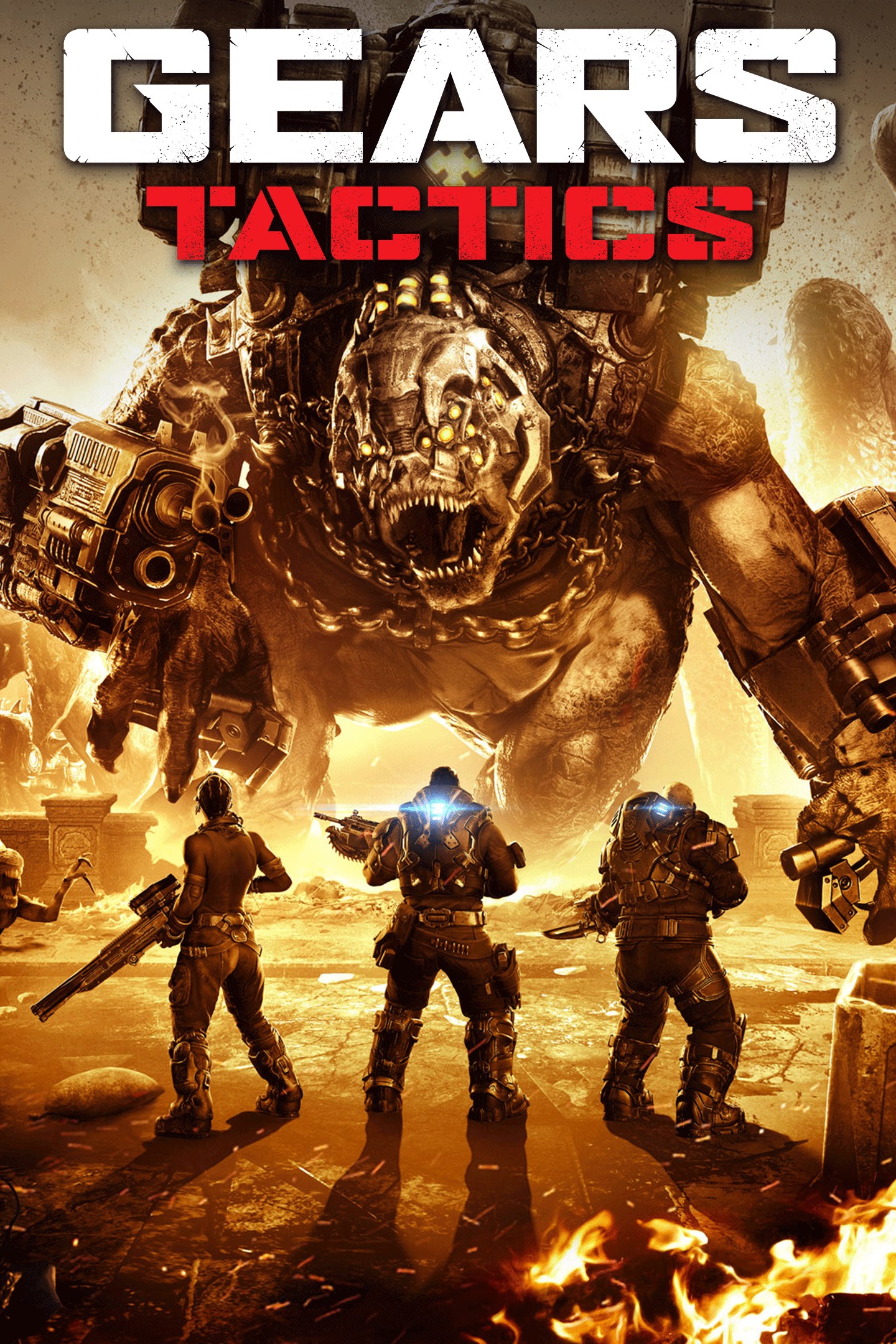Notable Highlights from Deep Game News This Month
The gaming industry never sleeps, and this month has been no exception. From groundbreaking technological advancements to major acquisitions and surprise game announcements, the landscape continues to evolve at a breathtaking pace. Here’s a deep dive into the most notable highlights from this month’s gaming news.
The Rise of AI-Driven Gameplay and Development
One of the most significant trends this month has been the accelerated integration of Artificial Intelligence into both game design and the player experience. We're moving beyond simple scripted events into dynamic, AI-generated content that creates unique experiences for every player.

NVIDIA unveiled a new suite of AI-powered tools for developers, dubbed "Co-Pilot for Game Dev." This system uses large language models to assist with coding, bug fixing, and even generating initial concept art and environmental assets. Early testers report a drastic reduction in time spent on repetitive tasks, allowing smaller teams to compete with AAA studios in terms of visual polish.
On the player side, several studios are experimenting with truly dynamic NPCs. A tech demo from an unknown studio, Nexus Interactive, showcased an NPC with a complex, evolving memory. Your actions in the game world, from stealing an apple to saving a village, are remembered and influence that character's dialogue and behavior hours later. This isn't a branching dialogue tree; it's an AI synthesizing responses based on a simulated history with the player, promising an end to the classic RPG trope of a character forgetting you slaughtered their family just yesterday.
Microsoft's Shifting Strategy: Acquisitions and Closures
The corporate side of gaming saw major tremors this month. Microsoft Gaming finally completed its monumental acquisition of Activision Blizzard, but the aftermath has been a mix of excitement and anxiety.
While the promise of classic franchises like StarCraft and Diablo potentially coming to Game Pass has fans thrilled, Microsoft also announced the closure of three smaller studios under the Bethesda Softworks umbrella. The reasoning, according to Head of Xbox Phil Spencer, was a need to "reallocate resources towards our most promising projects." This has sparked a fierce debate about the "acquisition and consolidate" model prevalent in the industry today. While it can save beloved IPs from obscurity, it often comes at the cost of creative diversity and job security, raising questions about the long-term health of the developer ecosystem.
The "Soulslike" Genre Gets a New Contender
FromSoftware's Shadow of the Erdtree DLC for Elden Ring continues to dominate sales charts, but a new challenger emerged this month that has captured the hardcore community's attention. Stellar Blade, a PS5 exclusive, launched to surprising critical acclaim. While its stylish combat was expected, the depth of its world-building and punishing, methodical boss fights have drawn serious comparisons to FromSoftware's masterworks.
However, Stellar Blade also carved its own identity with a more linear, narrative-focused structure and a parry-based combat system that feels distinct from the dodge-roll rhythm of Dark Souls. Its success proves the "Soulslike" genre is more than a passing fad; it's a design philosophy that other developers can successfully adapt and make their own, pushing the entire action genre forward.
Indie Spotlight: A Retro Revolution with "Project Amber"
Amidst the AAA giants, a stunning indie title emerged from the Realms Deep 2024 showcase. Project Amber, from solo developer David Lee, is a love letter to late-90s 3D action-adventure games like Legend of Zelda: Ocarina of Time and Panzer Dragoon. But it's not just nostalgia bait.
The game uses a custom-built engine to perfectly replicate the low-poly aesthetic and chunky pixel textures of the N64/PS1 era, but runs it at a buttery-smooth 4K/60fps with modern lighting and particle effects. The result is a breathtakingly beautiful fusion of old and new. Its successful Kickstarter campaign, which blew past its goal in hours, signals a strong appetite for art styles that prioritize mood and charm over pure graphical horsepower. It’s a reminder that technological advancement in games isn't always about higher fidelity; sometimes, it's about using modern tools to execute a vintage vision perfectly.
The Cloud Gaming Conversation Heats Up Again
Cloud gaming has been the "next big thing" for years, but it's always been hampered by latency and infrastructure issues. This month, Amazon Luna and NVIDIA GeForce NOW both announced significant partnerships with major US and European telecom providers. The pitch? Bundling cloud gaming subscriptions with 5G home internet plans, effectively eliminating the ISP middleman and (theoretically) providing a more stable, low-latency connection.
This could be the key to making cloud gaming truly mainstream. Instead of competing with home consoles on a pure performance level, it's positioning itself as the ultimate convenience play: access a high-end gaming rig on your TV, phone, or laptop without a download or a $500 box. While it's still early days, these partnerships represent the most credible threat to traditional hardware models we've seen yet.
Esports: A New Era for Fighting Games
The fighting game community (FGC) received monumental news this month as Capcom unveiled the Capcom Pro Tour 2024, featuring a whopping $2 million prize pool for Street Fighter 6, the largest in fighting game history. This investment, coupled with the game's incredibly healthy player base and viewership numbers on Twitch, has solidified SF6 as the new gold standard for the genre.
Furthermore, the innovative "Fighting Ground" and "Battle Hub" social features within the game have been credited with lowering the barrier to entry for newcomers while providing a vibrant digital space for veterans to congregate. It’s a masterclass in how to build and sustain a competitive ecosystem from the ground up, ensuring the health of the scene for years to come.
In Conclusion: A Month of Paradoxical Progress
This month has been a study in contrasts: AI looks to automate development while indie games highlight the irreplaceable value of a single creator's vision. Corporate consolidation creates giants while potentially stifling smaller voices. Cloud gaming promises a hardware-free future just as a new exclusive sells consoles.
This is the modern gaming industry: not a monolith moving in one direction, but a complex, often contradictory ecosystem bursting with innovation, conflict, and boundless potential. One thing is certain: the games of tomorrow are being forged in the headlines of today, and the next month promises to be just as unpredictable.












